当前位置:网站首页>Request module
Request module
2022-04-23 14:07:00 【Fresh strawberries】
request modular
Python A module based on network request of Zhongyuan .
effect : Simulate browser to send request
install
pip install requests
Send a request
r = requests.get('https://api.github.com/events')
r = requests.post('http://httpbin.org/post', data = {
'key':'value'})
r = requests.put('http://httpbin.org/put', data = {
'key':'value'})
r = requests.delete('http://httpbin.org/delete')
r = requests.head('http://httpbin.org/get')
r = requests.options('http://httpbin.org/get')
Pass parameters
payload = {
'key1': 'value1', 'key2': 'value2'}
r = requests.get("http://httpbin.org/get", params=payload)
# You can also pass in a list as a value :
payload = {
'key1': 'value1', 'key2': ['value2', 'value3']}
Response content
# Requests Will automatically decode the content from the server . majority unicode Character sets can be decoded seamlessly .
r = requests.get('https://api.github.com/events')
r.text
# View encoding
r.encoding
# Change coding
r.encoding = 'ISO-8859-1'
## Binary response content ( Access the request response body in bytes )
r.content
## json Response content ( Built in JSON decoder )
r.json()
Custom request header
# Simply pass a dict to headers Parameters are OK .
url = 'https://api.github.com/some/endpoint'
headers = {
'user-agent': 'my-app/0.0.1'}
r = requests.get(url, headers=headers)
Be careful : customized header The priority of is lower than that of some specific information sources , for example :
- If in
.netrcUser authentication information is set in , Use headers= The set authorization will not take effect . And if you set itauth=Parameters ,.netrcThe settings of are invalid . - If redirected to another host , to grant authorization header It will be deleted .
- Agency authorization header Will be URL The proxy identity provided in overrides .
- When we can judge the length of the content ,header Of Content-Length Will be rewritten .
More complicated POST request
You want to send some data encoded as a form , Simply pass a dictionary to data Parameters . Your data dictionary is automatically encoded as a form when you make a request :
payload = {
'key1': 'value1', 'key2': 'value2'}
r = requests.post("http://httpbin.org/post", data=payload)
# You can also for data Parameter into a tuple list :
payload = (('key1', 'value1'), ('key1', 'value2'))
# send out json Of POST/PATCH data :
url = 'https://api.github.com/some/endpoint'
payload = {
'some': 'data'}
requests.post(url, data=json.dumps(payload)) # 2.4.2 edition :requests.post(url, json=payload)
Upload Multipart-Encoded The file of
url = 'http://httpbin.org/post'
files = {
'file': open('report.xls', 'rb')}
r = requests.post(url, files=files)
# You can explicitly set the file name , File types and request headers :
files = {
'file': ('report.xls', open('report.xls', 'rb'), 'application/vnd.ms-excel', {
'Expires': '0'})}
Status response code
r = requests.get('http://httpbin.org/get')
r.status_code
# Built in status code query object
r.status_code == requests.codes.ok
# Throw error request exception
r.raise_for_status()
Response head
r.headers # View response headers
## View response header specific fields
r.headers['Content-Type']
r.headers.get('content-type')
Cookies
r.cookies['example_cookie_name']
# send out cookies
url = 'http://httpbin.org/cookies'
cookies = dict(cookies_are='working')
r = requests.get(url, cookies=cookies)
# Cookie The return object of is RequestsCookieJar, It behaves like a dictionary , But the interface is more complete , It is suitable for cross domain and cross path use . You can also put Cookie Jar to Requests in :
jar = requests.cookies.RequestsCookieJar()
jar.set('tasty_cookie', 'yum', domain='httpbin.org', path='/cookies')
jar.set('gross_cookie', 'blech', domain='httpbin.org', path='/elsewhere')
url = 'http://httpbin.org/cookies'
r = requests.get(url, cookies=jar)
r.text -> '{"cookies": {"tasty_cookie": "yum"}}'
Advanced
Conversation object (Session)
Session objects allow you to hold certain parameters across requests .
s = requests.Session()
s.get('http://httpbin.org/cookies/set/sessioncookie/123456789')
r = s.get("http://httpbin.org/cookies")
print(r.text)
# '{"cookies": {"sessioncookie": "123456789"}}'
Sessions can also be used to provide default data for request methods . This is done by providing data for the properties of the session object :
s = requests.Session()
s.auth = ('user', 'pass')
s.headers.update({
'x-test': 'true'})
# both 'x-test' and 'x-test2' are sent
s.get('http://httpbin.org/headers', headers={
'x-test2': 'true'})
Stream upload
# Just provide a class file object for your request body :
with open('massive-body') as f:
requests.post('http://some.url/streamed', data=f)
Response body content workflow
# By default , When you make a network request , The response will be downloaded immediately . You can go through stream Parameters , Delay downloading the response body , Until visit Response.content Properties to download :
r = requests.get(tarball_url, stream=True)
You can further use Response.iter_content and Response.iter_lines Method to control the workflow , Or with Response.raw From the bottom urllib3 Of urllib3.HTTPResponse <urllib3.response.HTTPResponse Read the non decoded response body .
If you put... In your request stream Set to True,Requests Unable to release connection back to connection pool , Unless you Consumed all the data , Or call Response.close. This will lead to the problem of inefficient connection . If you find yourself using stream=True At the same time, it also partially reads the request body( Or no reading at all body), Then you should consider using with Statement send request , This ensures that the request will be closed :
with requests.get('http://httpbin.org/get', stream=True) as r:
# Process the response here .
pass
Event hook
# You can pass a {hook_name: callback_function} Dictionary for hooks Request parameters assign a hook function to each request :
hooks=dict(response=callback_function)
callback_function Will accept a data block as its first parameter .
def callback_function(r, *args, **kwargs):
print(r.url)
Overtime (timeout)
requests By default, timeout processing will not be performed automatically .
# this timeout The value will be used as connect and read Of the two timeout.
r = requests.get('https://github.com', timeout=5)
# If you want to make it separately , Just pass in a tuple :
r = requests.get('https://github.com', timeout=(3.05, 27))
Setting agent
import requests
proxies = {
"http": "http://10.10.1.10:3128",
"https": "http://10.10.1.10:1080",
}
requests.get("http://example.org", proxies=proxies)
# You can also use environment variables HTTP_PROXY and HTTPS_PROXY To configure the agent .
$ export HTTP_PROXY="http://10.10.1.10:3128"
$ export HTTPS_PROXY="http://10.10.1.10:1080"
# If your agent needs to use HTTP Basic Auth, have access to http://user:password@host/ grammar :
proxies = {
"http": "http://user:[email protected]:3128/",
}
# To set up a proxy for a specific connection method or host , Use scheme://hostname As key, It will match the specified host and connection mode .
proxies = {
'http://10.20.1.128': 'http://10.10.1.10:5323'}
版权声明
本文为[Fresh strawberries]所创,转载请带上原文链接,感谢
https://yzsam.com/2022/04/202204231400483373.html
边栏推荐
- Windos中安装labellmg教程
- nodejs通过require读取本地json文件出现Unexpected token / in JSON at position
- Call wechat customer service applet
- 微信小程序获取登录用户信息、openid和access_token
- Switch usage (wechat applet)
- 帆软中需要设置合计值为0时,一整行都不显示的解决办法
- 浅谈基于openssl的多级证书,Multi-level CA的签发和管理,以及双向认证
- 容差分析相关的计算公式
- On September 8, the night before going to Songshan Lake
- 使用DialogFragment的一些感受及防踩坑经验(getActivity、getDialog为空,cancelable无效等)
猜你喜欢
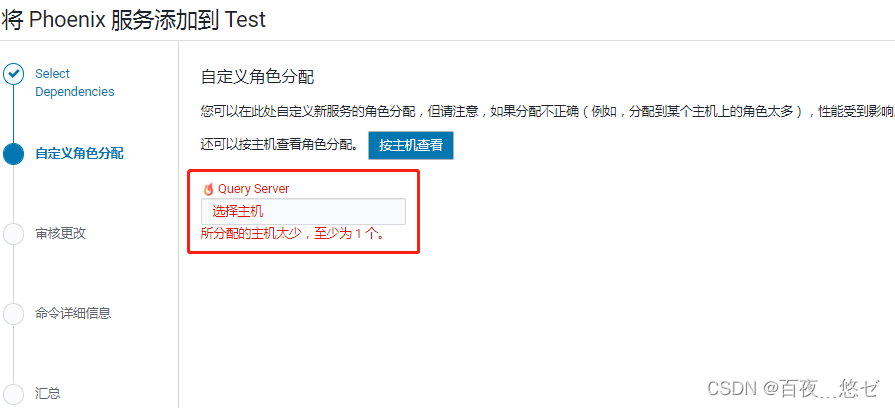
基于CM管理的CDH集群集成Phoenix
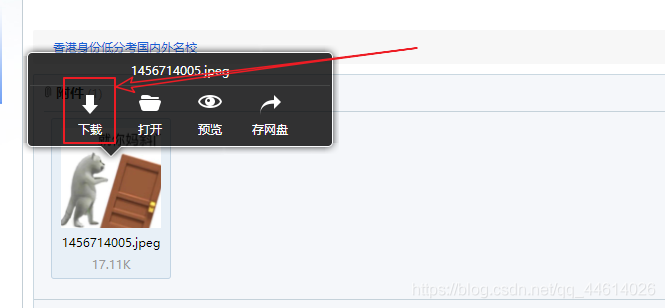
RobotFramework 之 文件上传和下载
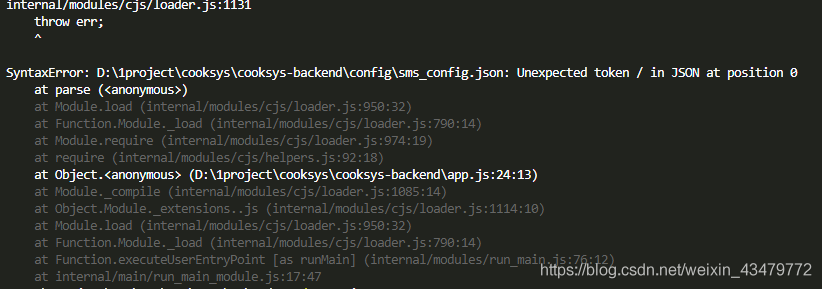
nodejs通过require读取本地json文件出现Unexpected token / in JSON at position
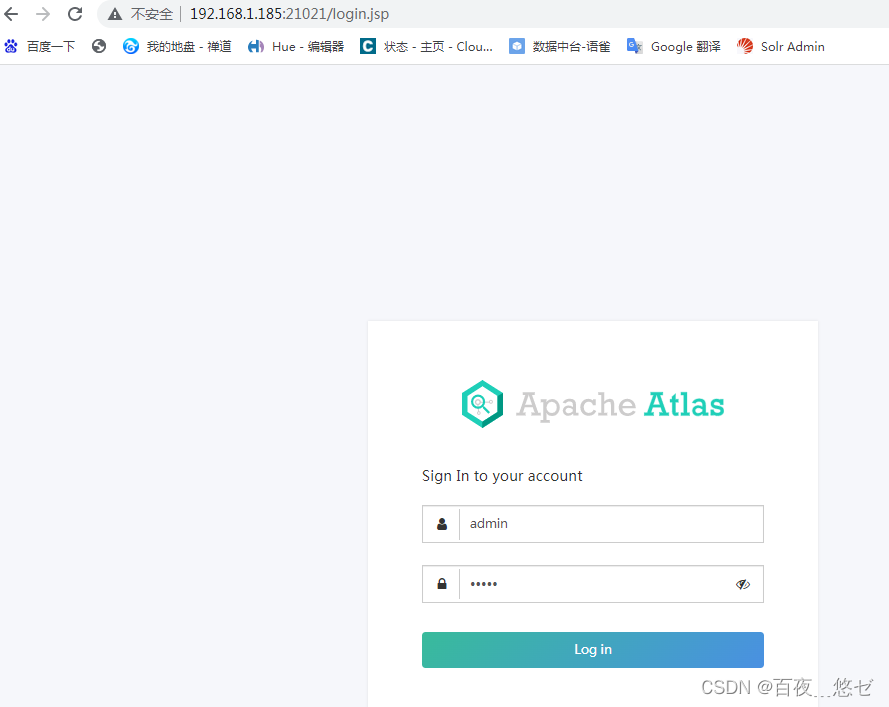
基于CM管理的CDH6.3.2集群集成Atlas2.1.0
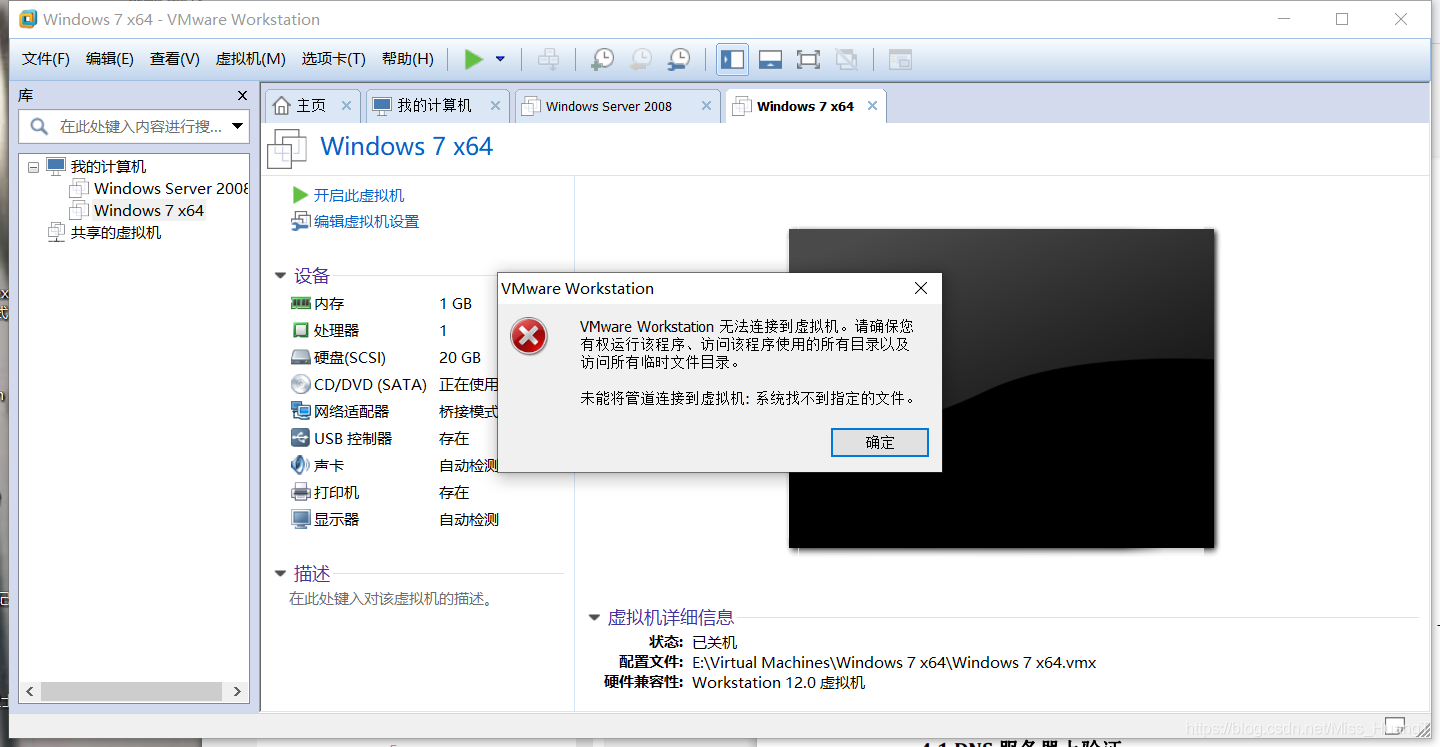
VMware Workstation 无法连接到虚拟机。系统找不到指定的文件
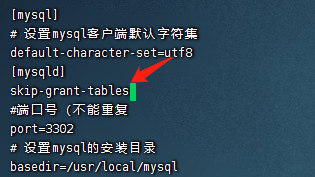
linux安装mysql后修改密码
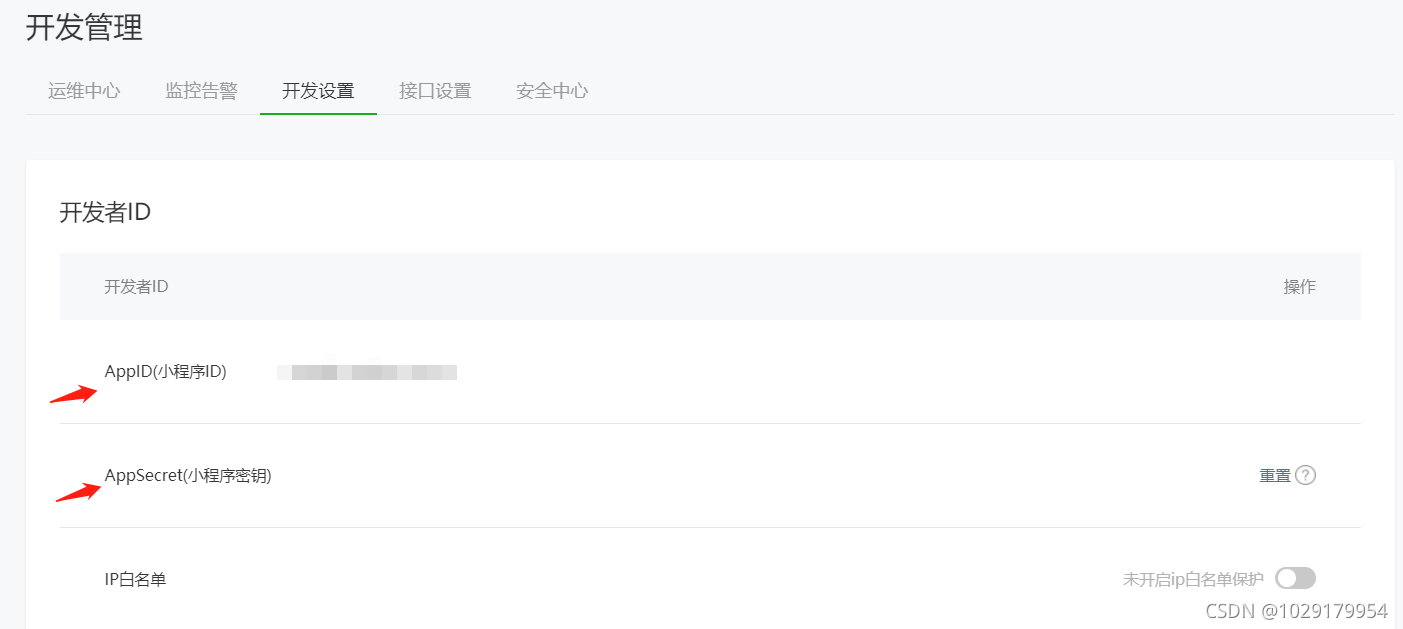
Wechat applet obtains login user information, openid and access_ token
Use of WiFi module based on wechat applet
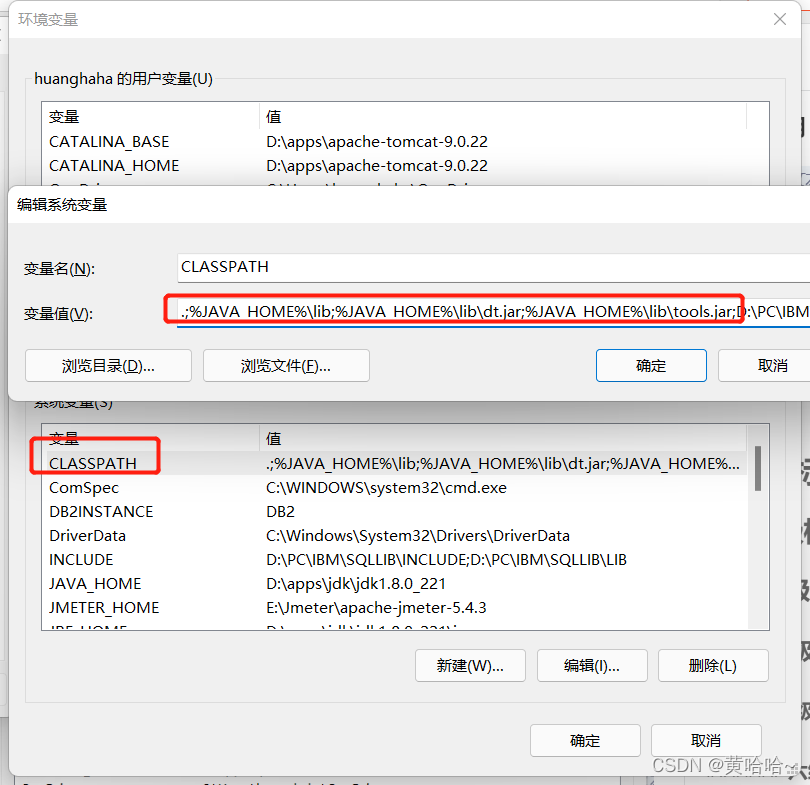
Jmeter安装教程以及我遇到的问题的解决办法

Subscription number development of wechat applet (message push)
随机推荐
JSP学习2
RobotFramework 之 公共变量
linux MySQL数据定时dump
ActiveMq基础知识
jsp学习3
星界边境文本自动翻译机使用说明
不同时间类型的执行计划计算
基于ibeacons三点定位(微信小程序)
JDBC入门
基于微信小程序的wifi模块使用
如何快速批量创建文本文档?
修改ddt生成的测试用例名称
基于CM管理的CDH6.3.2集群集成Atlas2.1.0
分页SQL
linux安装mysql后修改密码
findstr不是内部或外部命令解决方法
Three point positioning based on ibeacons (wechat applet)
PySide2
Detailed tutorial on the use of setinterval timing function of wechat applet
RobotFramework 之 文件上传和下载
